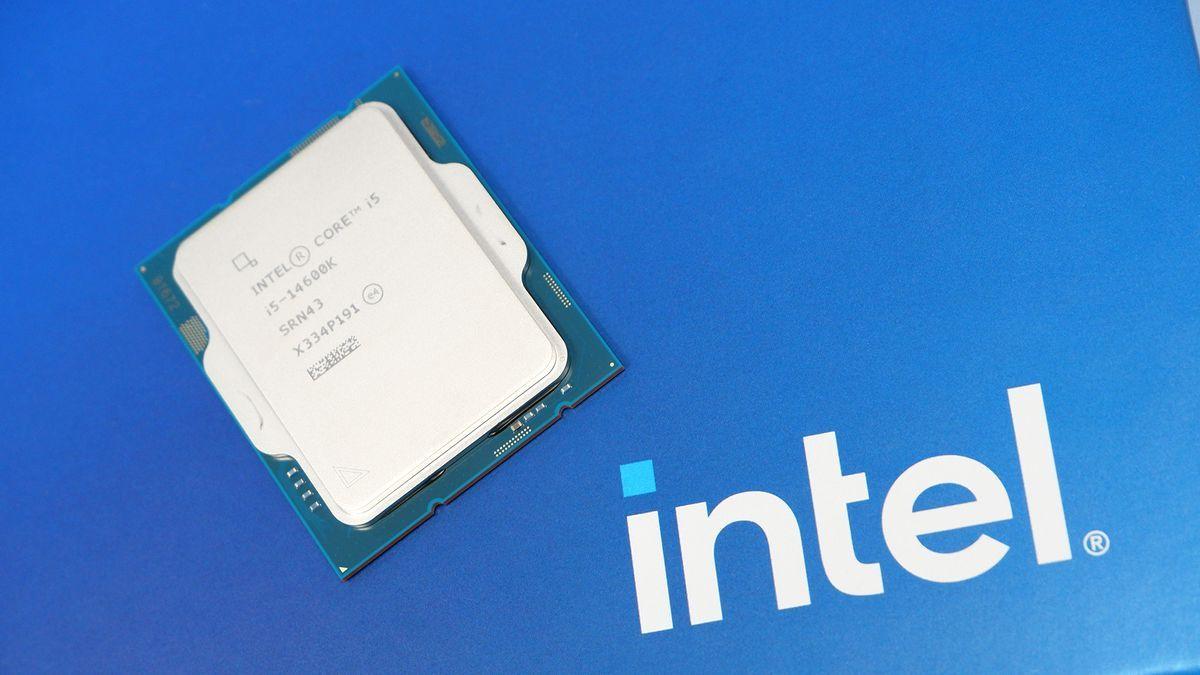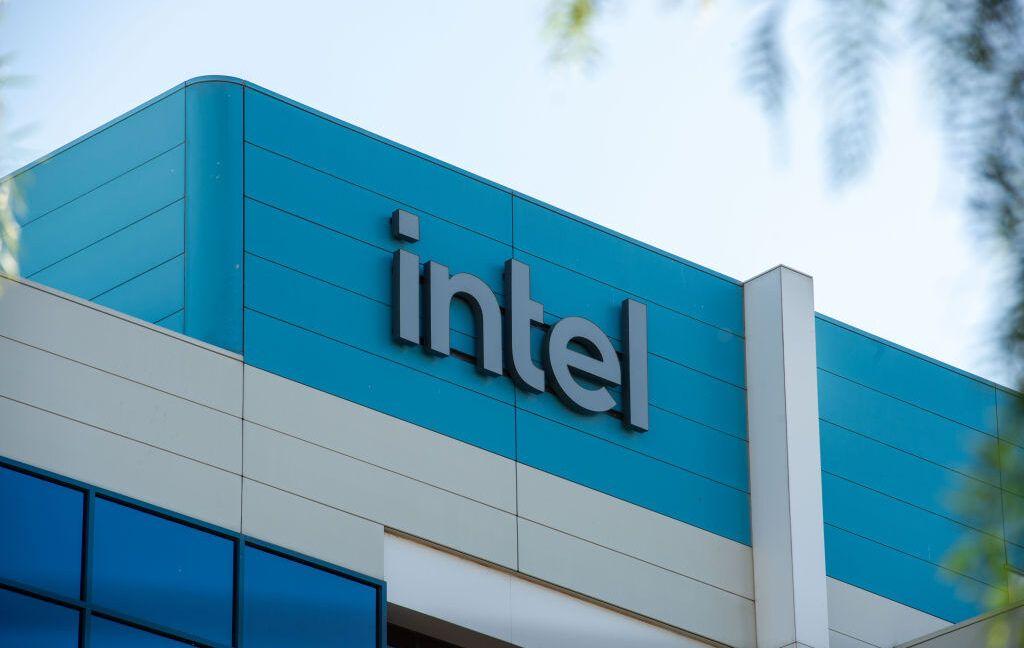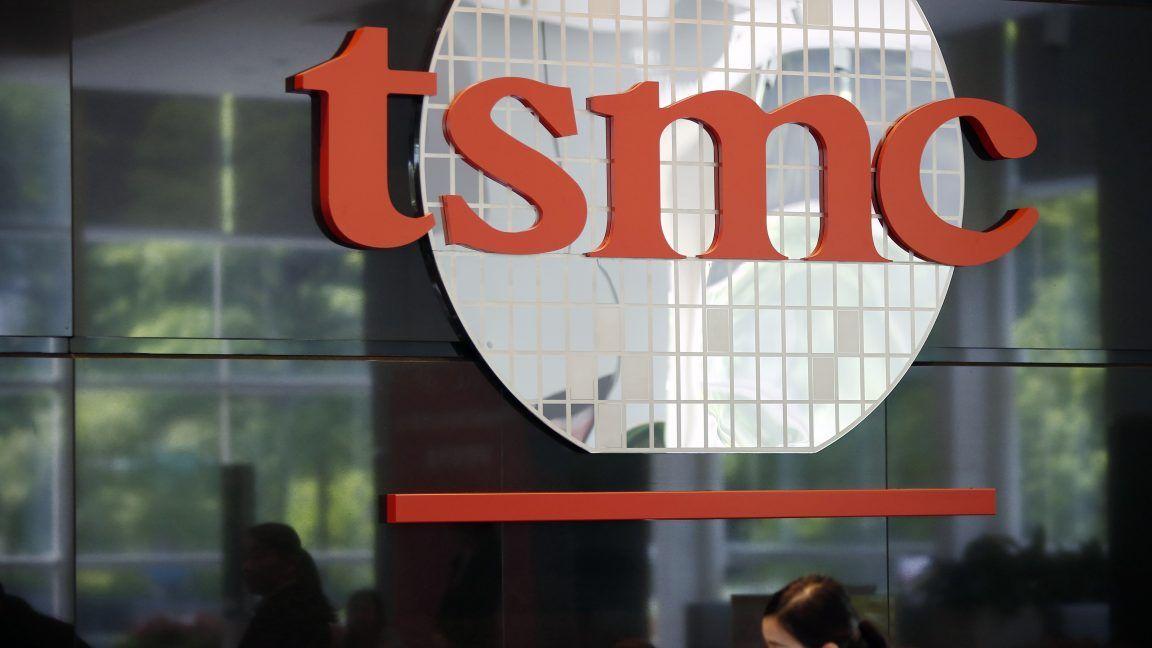Former Intel Board Members Call for 'Operation Warp Speed II' to Save US Chip Manufacturing
2 Sources
2 Sources
[1]
Former Intel board members: America's champion is likely to retreat, and we still need a leading-edge chip manufacturer
A little over five years ago, the Trump administration announced Operation Warp Speed to deliver a vaccine for COVID-19. It was one of the most stunning successes of Trump's first term. Recognizing a crisis, the U.S. government facilitated a public-private partnership that likely saved millions of lives in record time. Now we must do it again. As a country, we have a strategic imperative to win in artificial intelligence and secure our supply chains for critical technologies, including communications, computing, and advanced military systems. Time is of the essence. Yet the Administration's plans for AI and self-sufficiency are in serious jeopardy unless we have American-owned, leading-edge chip manufacturing plants on American soil. US advanced semiconductor manufacturing has been withering for some time. The once-leading Intel appears to be dropping out of the race. Missed deadlines, poor execution, and a misguided strategy to retain manufacturing within Intel while also serving as a foundry for its fabless chip competitors resulted in a dearth of customers. Recommendations (including those from the four of us) to split off Intel's foundry business and create a fully independent entity to supply its competitors, thereby giving itself a fighting chance, have never been adopted. Intel appears to have only a few external customers for its current technology (called 18A), and the CEO recently said on July 24 that "Going forward, our investment in ... [Intel's most advanced process technology, 14A will] be based on confirmed customer commitments," continuing a business model that has largely failed. Unsurprisingly, the CEO also announced the shuttering of its plans for German and Polish plants, further delaying its proposed Ohio plant, and a massive lay-off. More spending reductions will inevitably follow. All of these announcements strongly imply a gradual exit from the chip manufacturing business, turning Intel into a fabless company over time. Given that Intel's internal demand is no longer big enough to justify continued capital investment in leading-edge technology, this may be the right strategy for Intel. Still, it is the wrong strategy for the United States. With Intel's likely retreat from advanced chip manufacturing, America's future and the future of its leadership in AI and all advanced electronics will be firmly in the hands of two firms: Taiwan Semiconductor Manufacturing Corporation (TSMC) and Samsung, two firms headquartered on the other side of the planet. TSMC is by far the dominant player, controlling over 90% of the world's most advanced semiconductor manufacturing output. The Taiwanese chip manufacturer produces nearly 100% of Nvidia's GPUs, which are the engines that enable AI. It also manufactures most of the chips for iPhones and 5G communications. While TSMC and Samsung have committed to building more plants in the U.S., these will not solve the problem. Neither company will bring its latest technology here. The newest generation of chips must first be developed in a plant geographically close to its R&D teams. In the case of TSMC, those teams are in Taiwan; for Samsung, South Korea. The only R&D team that has been developing advanced generation technologies on US soil, fabricated in the latest generation U.S.-owned plants, is Intel. But as Intel retreats, America's future in AI and other advanced technologies is increasingly reliant on a single firm, located a stone's throw from mainland China. To be sure, TSMC's technological prowess is impressive. Moreover, its promise to invest $100 billion in Arizona is laudable. However, the fact is that we are giving TSMC too much power over the allocation of capacity, pricing, and human capital to drive AI into the future. In the case of Taiwan, business risk is compounded by the obvious geopolitical risks attendant to its status. These dependencies are intolerable if the U.S. is to protect its own economic and national security interests. Fortunately, the Trump Administration has dealt itself enough cards to rectify this obvious vulnerability. The Administration recognizes that the United States needs advanced chip-making capabilities within our own country. To this end, by executive order March 31, the President created the United States Investment Accelerator at the Department of Commerce. It is responsible, among other things, for administering the CHIPS Program Office. Billions remain unspent from this Congressional program. Perhaps billions more can be retrieved from Intel, given its apparent surrender in the race with TSMC. In addition to these billions, the Trump Administration on July 22 also wrested from Japan a commitment to invest more than $550 billion in the United States. With CHIPS money, Japan's partnership, and government investment -- either direct or through Trump's recent executive order to create a sovereign wealth fund -- the federal government has the opportunity to launch "Operation Warp Speed II" and put America back on the leading edge of chip manufacturing. Speed is essential: As Intel downsizes and lays off thousands of people, we are losing and will continue to lose the best people. Soon, we will be without a viable foundation on which to build a new, world-class American foundry, for which Intel's assets are critical. First, similar to the first Operation Warp Speed, the Trump administration should build a public-private partnership, where future customers (e.g., Nvidia, Qualcomm, Broadcom, Google, Amazon, Apple and others), Japanese investors such as Softbank, and private equity, backed by government financing and/or investment, would buy Intel's fabrication assets before the lack of investment and the rust of time makes them worthless and leave the United States dangerously dependent on a single manufacturing firm. Second, the Trump administration has been very effective in persuading leading U.S. companies to invest in America's future. They should be encouraged to partner and invest in a new American Foundry and to buy from it. Nvidia, Broadcom, Google, and others may have turned down Intel's offering, but they cannot as easily turn down the opportunity to help create an independent, leading-edge domestic competitor to TSMC. American companies want (and need) alternative sources of supply, and this plan can provide them. Building a new American Foundry for advanced semiconductors is the best strategy to keep the United States and American firms at the leading edge of AI and advanced electronics, and to ensure that critical supply chains are not disrupted by geopolitics, pandemics, or natural disasters. There is no time to waste.
[2]
Save Intel's fabs before 'the rust of time makes them worthless': Four former Intel board members want a joint venture between Nvidia, Qualcomm, Google, Amazon, Apple, Broadcom and others to create an 'American Foundry'
Missed deadlines, poor execution, and a misguided strategy. Ouch. Four former Intel board members say Intel is in the process of "gradual exit" from chip manufacturing and the US needs to act fast to save the company's fabs before "the rust of time makes them worthless". Writing in Forbes, the four industry veterans paint a dire picture of the state of Intel. Charlene Barshefsky, Reed Hundt, James Plummer, David B. Yoffie have combined tenure of over 70 years on the Intel board and it's safe to say they are worried, really, really worried. The quartet describe "missed deadlines, poor execution, and a misguided strategy" for Intel's current woes, the consequence of which is that the "once-leading Intel" now appears to be "dropping out of the race" to manufacture the most advanced chips. Intel itself, of course, has warned that it may have to give up on cutting-edge chip manufacturing if a major customer for its future 14A node can't be found. So, even Intel agrees that the future of its fabs are in the balance. The Forbes four also lament that their recommendations to spin off Intel's fabs into a separate entity in order to give them a "fighting chance" have yet to be adopted. The broad thrust of their argument is that while it likely makes commercial sense for Intel itself to exit advanced chip manufacturing, Intel's fabs are too strategically important to the US to allow them to be wound down. "All of these announcements strongly imply a gradual exit from the chip manufacturing business, turning Intel into a fabless company over time. Given that Intel's internal demand is no longer big enough to justify continued capital investment in leading-edge technology, this may be the right strategy for Intel. "Still, it is the wrong strategy for the United States. With Intel's likely retreat from advanced chip manufacturing, America's future and the future of its leadership in AI and all advanced electronics will be firmly in the hands of two firms: Taiwan Semiconductor Manufacturing Corporation (TSMC) and Samsung, two firms headquartered on the other side of the planet," the open letter says. So, what's the solution? "Operation Warp Speed II" apparently, a reference to the US government effort to drive development of a vaccine for COVID-19, known as Operation Warp Speed. "The Trump administration should build a public-private partnership, where future customers (e.g., Nvidia, Qualcomm, Broadcom, Google, Amazon, Apple and others), Japanese investors such as Softbank, and private equity, backed by government financing and/or investment, would buy Intel's fabrication assets before the lack of investment and the rust of time makes them worthless and leave the United States dangerously dependent on a single manufacturing firm." There is, the four conclude, no time to waste in building this new "American Foundry". That note of urgency obviously chimes with other industry observers, such as the analyst who recently gave Intel 18 months to find a major customer for its fabs else see its ambitions to be a cutting-edge chip manufacturer wither. To say the very least, these are unnerving times for Intel. But there does seem to be gathering momentum for the idea that Intel's fabs need to be spun off into a separate entity if they are to be saved, and it needs to happen sooner rather than later if the effort is to succeed.
Share
Share
Copy Link
Four ex-Intel board members urge the creation of a public-private partnership to preserve America's advanced chip manufacturing capabilities, warning of increasing dependence on foreign firms.
Intel's Retreat from Advanced Chip Manufacturing
Four former Intel board members have raised alarm bells about the company's apparent retreat from advanced chip manufacturing. In an open letter, they describe Intel's current situation as marked by "missed deadlines, poor execution, and a misguided strategy"
1
. The group, with a combined tenure of over 70 years on Intel's board, warns that the once-leading company appears to be "dropping out of the race" in producing cutting-edge chips2
.
Source: PC Gamer
The Strategic Importance of US Chip Manufacturing
The former board members argue that while Intel's potential exit from advanced chip manufacturing might make commercial sense for the company, it poses a significant risk to the United States' strategic interests. They emphasize that America's future leadership in artificial intelligence and advanced electronics would be left in the hands of two foreign firms: Taiwan Semiconductor Manufacturing Corporation (TSMC) and Samsung
1
.Proposed Solution: 'Operation Warp Speed II'
To address this critical issue, the group proposes a bold initiative dubbed "Operation Warp Speed II," drawing parallels to the successful COVID-19 vaccine development program. Their plan calls for a public-private partnership that would:
- Involve major tech companies as future customers (e.g., Nvidia, Qualcomm, Google, Amazon, Apple)
- Attract Japanese investors like Softbank
- Secure backing from private equity firms
- Leverage government financing and/or investment
1
The primary goal of this partnership would be to acquire Intel's fabrication assets before they become obsolete due to lack of investment.
Related Stories
Urgency and Implications
The authors stress the time-sensitive nature of this proposal, warning that without swift action, the United States risks becoming "dangerously dependent on a single manufacturing firm" for advanced chip production
2
. This sentiment echoes recent industry analyses suggesting that Intel has a limited window – potentially as short as 18 months – to secure a major customer for its advanced manufacturing capabilities.Broader Context and Government Initiatives

Source: Fortune
The proposal comes against the backdrop of existing government efforts to bolster US chip manufacturing capabilities. These include:
- The creation of the United States Investment Accelerator at the Department of Commerce
- The CHIPS Program Office, with billions in unallocated funds
- A recent commitment from Japan to invest over $550 billion in the United States
1
The former board members argue that these resources could be leveraged to support the creation of a new, world-class American foundry, using Intel's existing assets as a critical foundation.
As the semiconductor industry continues to evolve rapidly, the outcome of this proposal could have far-reaching implications for the United States' technological competitiveness and national security in the coming years.
References
Summarized by
Navi
Related Stories
Intel's AI Resurgence: Gelsinger's Vision and Strategic Partnerships
25 Sept 2024

US Government Acquires 10% Stake in Intel: A Controversial Move Sparking Debate
23 Aug 2025•Business and Economy

Ex-Intel CEO Skeptical of TSMC's $100 Billion US Investment Impact on Chipmaking Leadership
28 Mar 2025•Business and Economy

Recent Highlights
1
ByteDance's Seedance 2.0 AI video generator triggers copyright infringement battle with Hollywood
Policy and Regulation

2
Demis Hassabis predicts AGI in 5-8 years, sees new golden era transforming medicine and science
Technology

3
Nvidia and Meta forge massive chip deal as computing power demands reshape AI infrastructure
Technology





